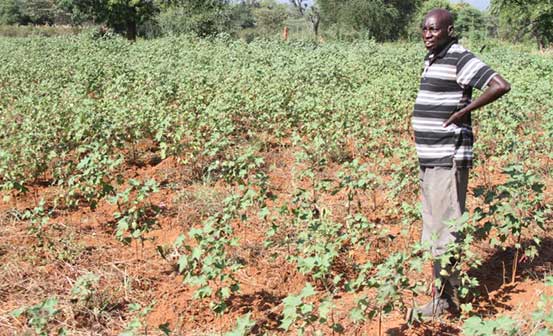
NAIROBI: India government’s Sh3 billion grant to Rift Valley Textiles East Africa (Rivertex EA) to expand production capacity is a potential game changer in the quest to move millions from poverty. But for this to happen, the national and county governments in cotton growing areas should work in tandem, join Moi University — the owners of Rivatex EA — and offer farmers a fair deal for their produce.
Reports that the factory has already acquired over 50,000 acres of land in Eastern, Kerio Valley and Mogotio to enhance cotton growing is encouraging. Yet, evidence from the American South — where the crop has been grown extensively for centuries and was the driver of the Trans-Atlantic slave trade - has shown that large-scale cotton production is a catalyst for equally large-scale poverty because the work is hard, tedious and is paid peanuts.







